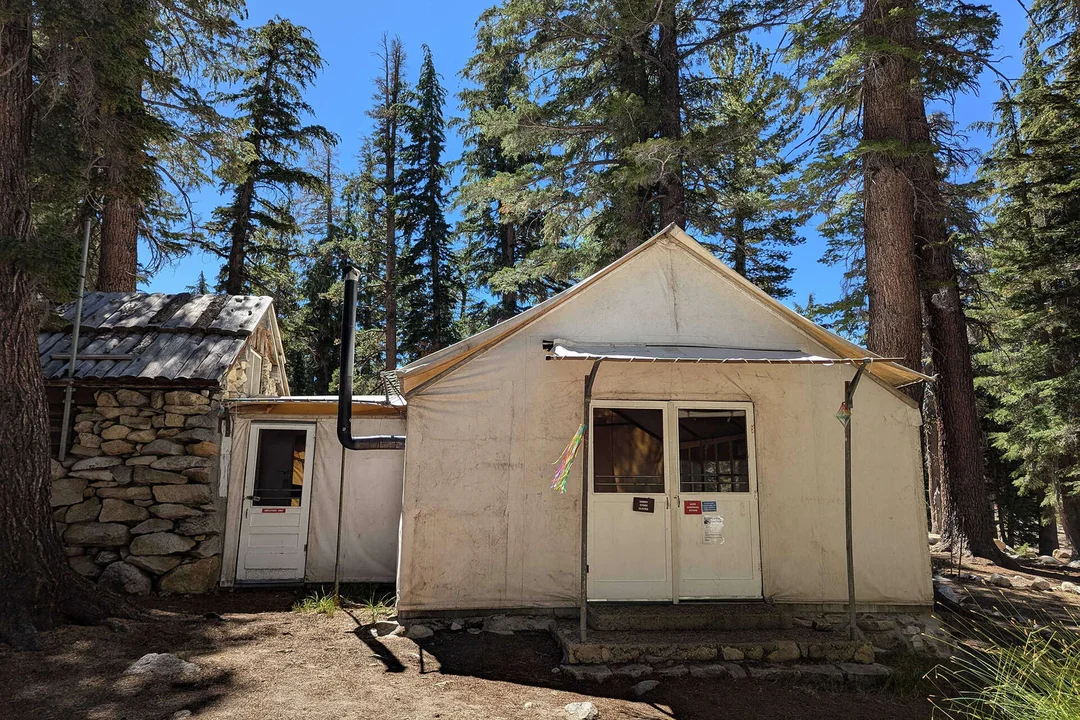
Hidden Fees in the Great Outdoors: What’s Lurking in Your Camping Reservation?
In a surprising twist for outdoor enthusiasts, a new lawsuit in California is uncovering hidden charges that could be inflating the cost of your next nature getaway. As more consumers demand transparency in online transactions, this case spotlights the clash between tech companies and state regulations, potentially reshaping how we book adventures in public spaces.
Two California residents, James Chowning from Oakland and Adam Fitzgerald from Yucaipa, have filed a class-action lawsuit against Texas-based software giant Tyler Technologies. The complaint, lodged in the U.S. District Court for the Northern District of California, accuses the company of engaging in 'drip pricing'—a deceptive practice where an initial price is advertised, only for mandatory fees to appear later in the checkout process. Specifically, users of ReserveCalifornia.com, the official state parks reservation system, are hit with an $8.25 reservation fee that boosts the total cost by up to 24%. This violates California's Honest Pricing Law (Senate Bill 478), which took effect in July 2024 and mandates that all fees be disclosed upfront to prevent misleading consumers.
According to the lawsuit, Chowning encountered this issue when booking a campsite at San Onofre State Beach in October 2024. He was quoted $45 initially but faced an additional charge at checkout, which Tyler Technologies pockets instead of directing it to California State Parks. The plaintiffs argue this not only breaches consumer protection laws like the Consumer Legal Remedies Act and False Advertising Law but also misleads users into believing the fees support public parks. 'We wouldn't have made the reservations online had we known the extra charge went to a private contractor,' the complaint states, emphasizing the deceptive nature of the practice.
Tyler Technologies secured a 10-year contract in December 2023 to manage the reservation system, potentially earning up to $398 million in fees. Critics, including the plaintiffs' legal team, point out that this deal requires compliance with state and federal laws, yet the company has allegedly ignored the junk fee ban. This case marks one of the first major challenges to Senate Bill 478 against a government contractor, raising questions about accountability in digital platforms. If successful, it could force reforms across similar systems, compelling companies to prioritize full transparency and fair pricing.
The broader implications are significant, especially as online booking becomes ubiquitous. By comparing this to other industries, such as ticketing or travel services, the lawsuit highlights how drip pricing erodes trust and inflates costs for everyday users. Legal experts suggest it may influence how courts interpret the new law, extending enforcement to vendors working with public agencies. With Tyler Technologies boasting billions in annual revenue, this isn't just about one fee—it's about challenging corporate practices that prioritize profit over fairness.
In summary, this lawsuit underscores the growing demand for honest pricing in the digital age, particularly in services tied to public resources like state parks. Could this be the tipping point for ending hidden fees nationwide? As consumers, how has this affected your experiences? We invite you to leave a comment below, share your stories, and join the conversation on protecting fair practices in online transactions.